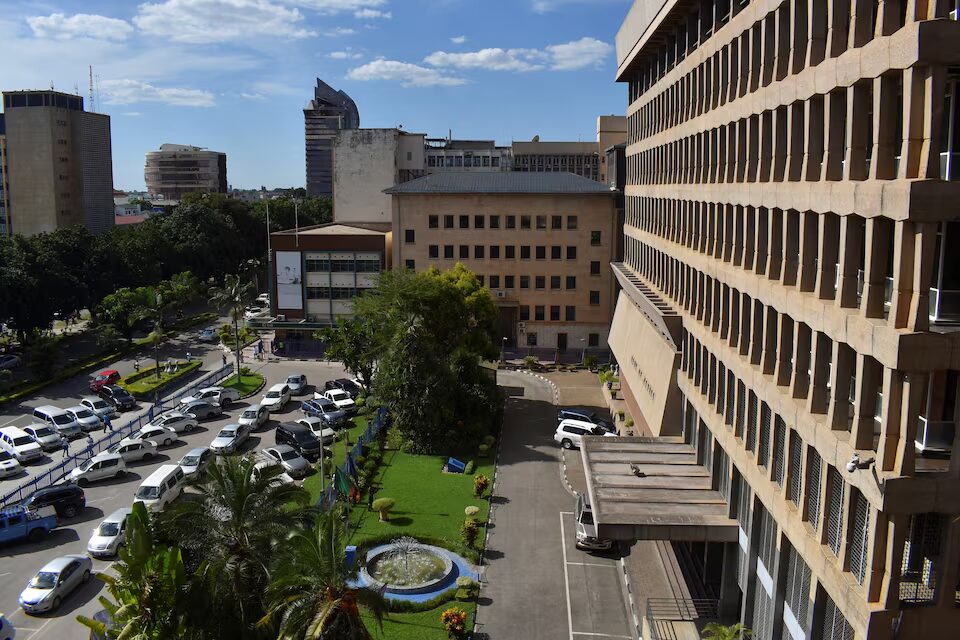
Wednesday 8th October 2025

by inAfrika Newsroom
The DRC mining audit $16.8bn story is now central to Africa’s resources debate. A state audit says mining firms underreported revenue between 2018 and 2023. That gap reduced contributions to legally mandated community funds. The issue is not only numbers. It is trust, local impact, and investor risk.
The Court of Auditors compared revenue declared to community funds with figures reported to tax authorities. It found $98.2 billion reported to tax agencies versus $81.4 billion to community mechanisms. Under the 2018 mining code, companies must allocate 0.3% of annual turnover to local development funds. The discrepancy implies a $50.4 million shortfall for those projects during the period.
The audit cited several major operations. One operator publicly disputed the findings, arguing over how the law’s start date should be applied. Authorities said non-compliance appeared widespread and urged tougher enforcement.
Community funds pay for basic services: water points, clinics, and schools. Shortfalls are visible on the ground. They also raise social-licence risks that can delay projects and increase costs. For companies, the signal is to tighten compliance, documentation, and disclosure. For officials, it is to make collection and verification automatic, not ad hoc. When rules are clear and enforced, investment risk drops and local impact rises.
First, enforcement. Will authorities suspend non-compliant firms or open prosecutions? Second, clarity. Expect guidance on how the 0.3% rule is calculated and from what date. Third, transparency. Publish reconciled figures so communities, provinces, and investors see the same data. If those steps land, the sector can move from dispute to delivery—and community projects can finally scale.


